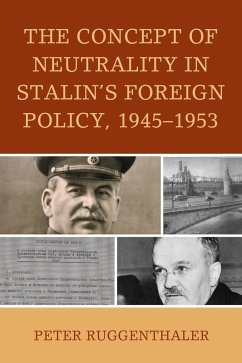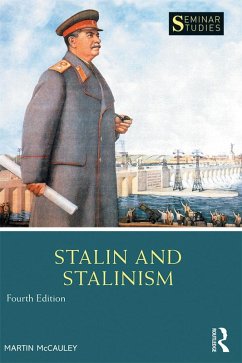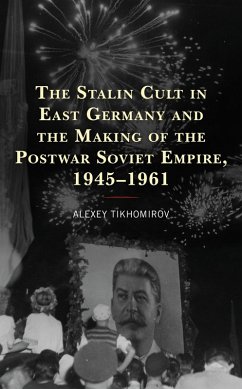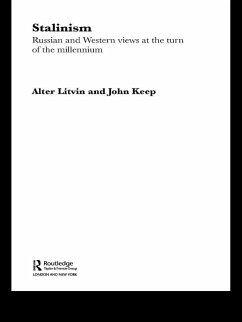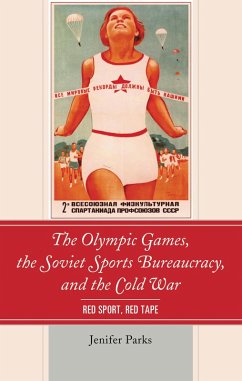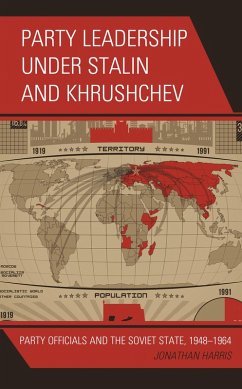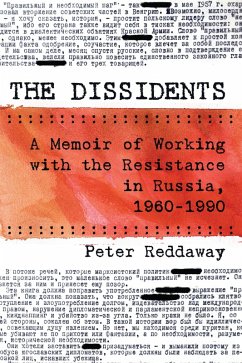
Building Stalinism (eBook, ePUB)
The Moscow Canal and the Creation of Soviet Space

PAYBACK Punkte
14 °P sammeln!
Today the 80-mile-long Moscow Canal is a source of leisure for Muscovites, a conduit for tourists and provides the city with more than 60% of its potable water. Yet the past looms heavy over these quotidian activities: the canal was built by Gulag inmates at the height of Stalinism and thousands died in the process. In this wide-ranging book, Cynthia Ruder argues that the construction of the canal physically manifests Stalinist ideology and that the vertical, horizontal, underwater, ideological, artistic and metaphorical spaces created by it resonate with the desire of the state to dominate al...
Today the 80-mile-long Moscow Canal is a source of leisure for Muscovites, a conduit for tourists and provides the city with more than 60% of its potable water. Yet the past looms heavy over these quotidian activities: the canal was built by Gulag inmates at the height of Stalinism and thousands died in the process. In this wide-ranging book, Cynthia Ruder argues that the construction of the canal physically manifests Stalinist ideology and that the vertical, horizontal, underwater, ideological, artistic and metaphorical spaces created by it resonate with the desire of the state to dominate all space within and outside the Soviet Union. Ruder draws on theoretical constructs from cultural geography and spatial studies to interpret and contextualise a variety of structural and cultural products dedicated to, and in praise of, this signature Stalinist construction project. Approached through an extensive range of archival sources, personal interviews and contemporary documentary materials these include a diverse body of artefacts - from waterways, structures, paintings, sculptures, literary and documentary works, and the Gulag itself. Building Stalinism concludes by analysing current efforts to reclaim the legacy of the canal as a memorial space that ensures that those who suffered and died building it are remembered. This is essential reading for all scholars working on the all-pervasive nature of Stalinism and its complex afterlife in Russia today.






